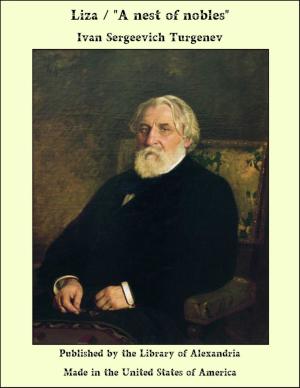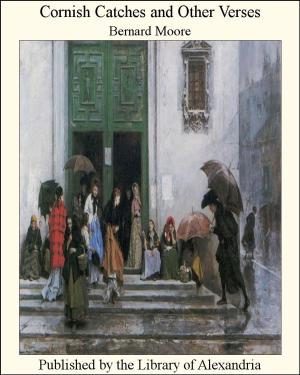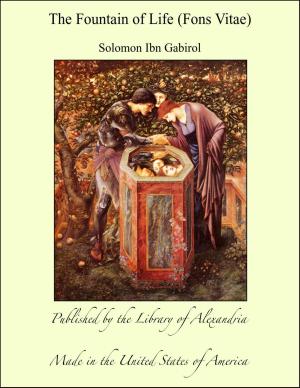The Anglo-French Entente in the Seventeenth Century
Nonfiction, Religion & Spirituality, New Age, History, Fiction & Literature| Author: | Charles Bastide | ISBN: | 9781465508034 |
| Publisher: | Library of Alexandria | Publication: | March 8, 2015 |
| Imprint: | Language: | English |
| Author: | Charles Bastide |
| ISBN: | 9781465508034 |
| Publisher: | Library of Alexandria |
| Publication: | March 8, 2015 |
| Imprint: | |
| Language: | English |
Of late there have appeared on the literary relations of England and France some excellent books, foremost of which may be mentioned, besides the now classical works of M. Jusserand, Dr. A. H. Upham's French Influence in English Literature and Sir Sidney Lee's French Renaissance in England. The drift of the main argument set forth in those several volumes may be pointed out in a few words. Up to the death of Louis xiv., France gave more than she received; but, in the eighteenth century, England paid back her debt in full. France, intended by her geographical position to be the medium through which Mediterranean civilisation spread northwards, continued by her contributions to the English Renaissance and the influence of her literary models on the Restoration writers, a work that historians trace back to Caesar's landing in Britain, Ethelbert's conversion to Christianity, and the triumph of the Normans at Hastings. But ere long the native genius of the people asserted itself. Thanks to a series of lucky revolutions, England reached political maturity before the Other Western nations, and, in her turn, she taught them toleration and self-government. The French were among the first to copy English broad-mindedness in philosophy and politics; to admire Locke and Newton; and to practise parliamentary government. To books that lead up to conclusions so general may succeed monographs on minor points hitherto partly, if not altogether, overlooked. In the following essays will be found some information on the life that Frenchmen led in England in the seventeenth century and at the same time answers to a few not wholly uninteresting queries. For instance: was it easy to journey from Paris to London, and what men cared to run the risk? Did the French learn and, when they settled in England, did they endeavour to write, English correctly? Though the two nations were often at war, many Englishmen admired France and a few Frenchmen appreciated certain aspects of English life; how was contemporary opinion affected by these men? Though England taught France rationalism in the eighteenth century, must it be conceded that rationalism sprang into existence in England? when English divines proved overbold and English royalists disrespectful, they might allege for an excuse that Frenchmen had set the bad example. Hence the importance of noticing the impression made by the Huguenots on English thought. Since nothing gives a stronger illusion of real life than the grouping of actual facts, extracts and quotations are abundant. They do not only concern governors and generals, Cromwell and Charles ii., but men of the people, an Aldersgate wig-maker, a Covent Garden tailor, a private tutor like Coste, and poor Thémiseul, bohemian and Grub Street hack
Of late there have appeared on the literary relations of England and France some excellent books, foremost of which may be mentioned, besides the now classical works of M. Jusserand, Dr. A. H. Upham's French Influence in English Literature and Sir Sidney Lee's French Renaissance in England. The drift of the main argument set forth in those several volumes may be pointed out in a few words. Up to the death of Louis xiv., France gave more than she received; but, in the eighteenth century, England paid back her debt in full. France, intended by her geographical position to be the medium through which Mediterranean civilisation spread northwards, continued by her contributions to the English Renaissance and the influence of her literary models on the Restoration writers, a work that historians trace back to Caesar's landing in Britain, Ethelbert's conversion to Christianity, and the triumph of the Normans at Hastings. But ere long the native genius of the people asserted itself. Thanks to a series of lucky revolutions, England reached political maturity before the Other Western nations, and, in her turn, she taught them toleration and self-government. The French were among the first to copy English broad-mindedness in philosophy and politics; to admire Locke and Newton; and to practise parliamentary government. To books that lead up to conclusions so general may succeed monographs on minor points hitherto partly, if not altogether, overlooked. In the following essays will be found some information on the life that Frenchmen led in England in the seventeenth century and at the same time answers to a few not wholly uninteresting queries. For instance: was it easy to journey from Paris to London, and what men cared to run the risk? Did the French learn and, when they settled in England, did they endeavour to write, English correctly? Though the two nations were often at war, many Englishmen admired France and a few Frenchmen appreciated certain aspects of English life; how was contemporary opinion affected by these men? Though England taught France rationalism in the eighteenth century, must it be conceded that rationalism sprang into existence in England? when English divines proved overbold and English royalists disrespectful, they might allege for an excuse that Frenchmen had set the bad example. Hence the importance of noticing the impression made by the Huguenots on English thought. Since nothing gives a stronger illusion of real life than the grouping of actual facts, extracts and quotations are abundant. They do not only concern governors and generals, Cromwell and Charles ii., but men of the people, an Aldersgate wig-maker, a Covent Garden tailor, a private tutor like Coste, and poor Thémiseul, bohemian and Grub Street hack
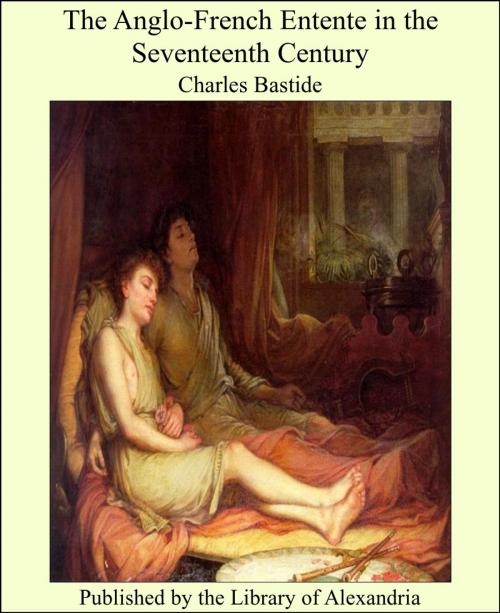
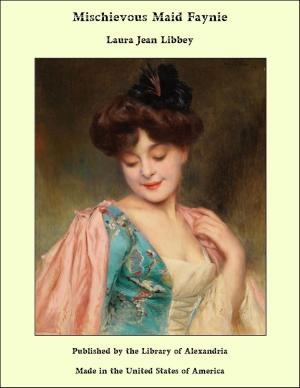


![Cover of the book [19th Century Actor] Autobiographies by Charles Bastide](https://www.kuoky.com/images/2015/march/300x300/9781465503732-TEET_300x.jpg)




